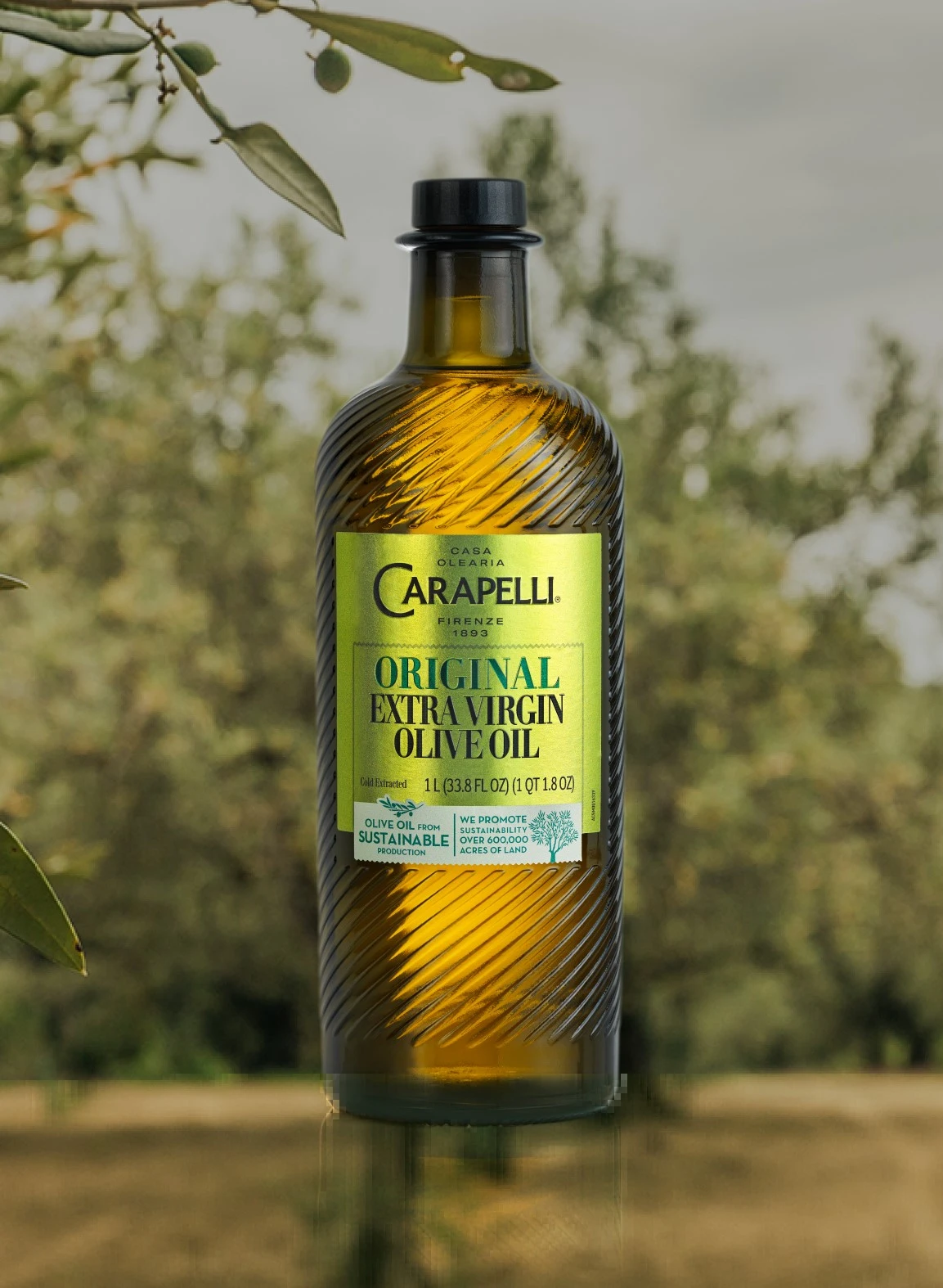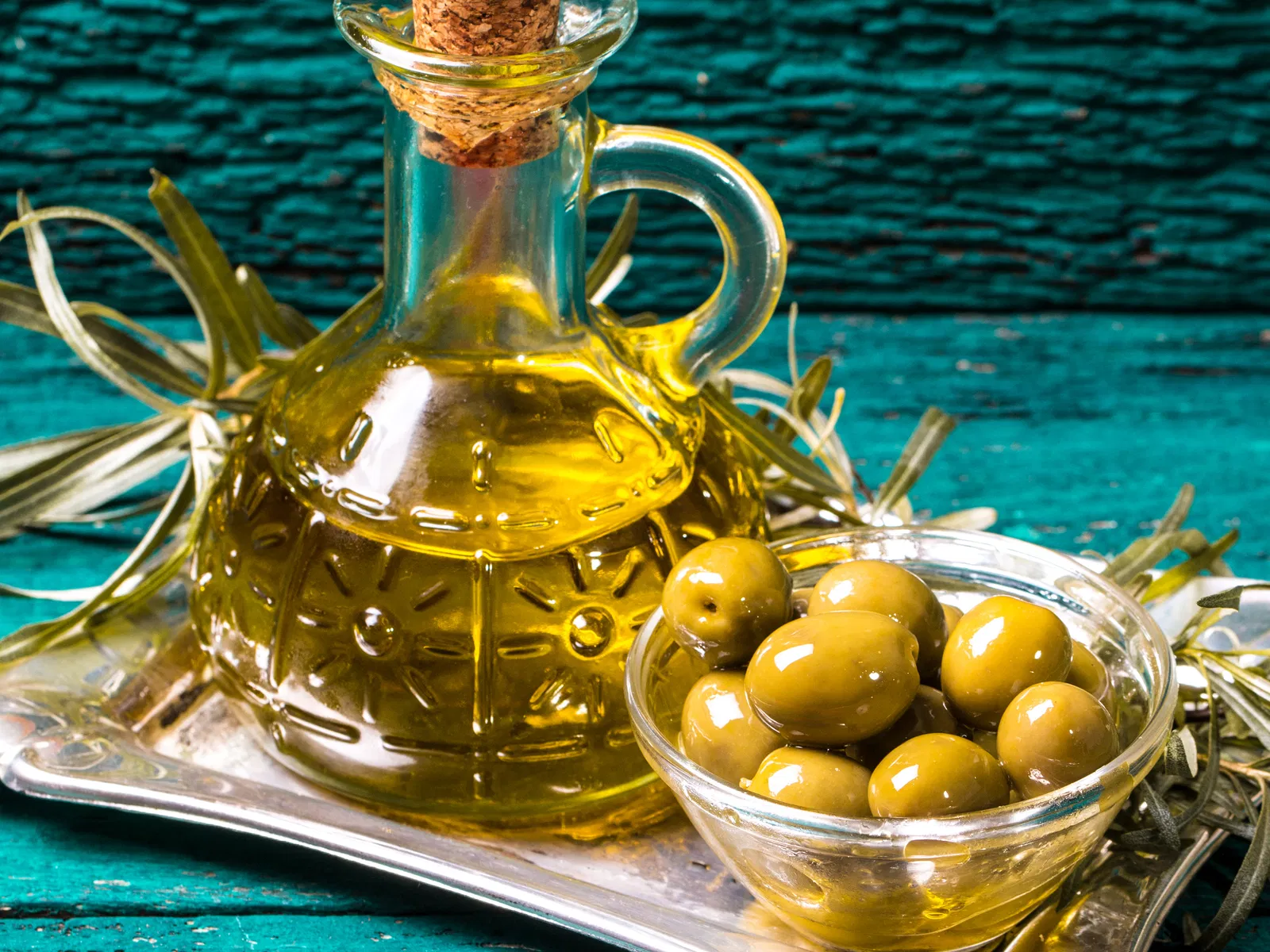Why Extra Virgin Olive Oil Benefits Are a Game-changer for Healthy Cooking
Discovering the Various Kinds Of Olive Oil and Their Usages, Consisting Of Additional Virgin Olive Oil
The exploration of olive oil encompasses a diverse range of kinds, each offering distinctive flavors and cooking applications. Additional virgin olive oil, renowned for its superior high quality and wellness benefits, offers as a staple in numerous kitchens, yet it is just one element of this complex component.
What Is Olive Oil?
Stemmed from the fruit of the olive tree, olive oil is a staple in Mediterranean food and a vital ingredient in various cooking applications. This versatile oil is created by pressing entire olives, resulting in a fluid that varies in shade, scent, and taste relying on the kind of olives used, the area of growing, and the extraction process. Olive oil is primarily composed of monounsaturated fats, especially oleic acid, which is understood for its possible health and wellness advantages, including anti-inflammatory properties and cardiovascular assistance.
In enhancement to its cooking uses, olive oil has a lengthy background of application in traditional medication and skin care, owing to its abundant antioxidant material (extra virgin olive oil benefits). The oil is often utilized in dressings, marinades, and for cooking techniques such as sautéing and roasting. Its distinctive taste account can improve the preference of different recipes, making it a necessary active ingredient for both home cooks and specialist cooks
Furthermore, olive oil is celebrated for its role in the Mediterranean diet plan, which is connected with many health and wellness benefits. As understanding of these advantages grows, olive oil remains to get popularity worldwide as an essential part of a healthy and balanced way of life.
Types of Olive Oil
Comprehending the numerous kinds of olive oil is crucial for both culinary fanatics and health-conscious consumers. Olive oil is categorized mostly based upon its removal approach and high quality, which substantially impacts its scent, flavor, and health and wellness benefits.

Light olive oil, despite its name, describes a lighter flavor and not lower calories. It is suitable for those looking for a much more refined taste in dressings and marinades. Additionally, there are flavorful olive oils instilled with herbs, flavors, or citrus, which can improve dishes without the requirement for extra flavoring.
Each sort of olive oil serves certain cooking objectives, and comprehending these distinctions permits customers to make informed options that align with their food preparation styles and health objectives.
Additional Virgin Olive Oil
Extra virgin olive oil (EVOO) is extensively considered the greatest top quality olive oil offered, popular for its rich taste and countless health and wellness advantages. To be categorized as added virgin, the oil must be generated from fresh olives making use of mechanical processes, without making use of solvents or excessive heat. This thorough approach protects the oil's natural tastes, antioxidants, and healthy fats, causing an item with a reduced acidity level of much less than 0.8%.
EVOO is bountiful in monounsaturated fats, especially oleic acid, which is connected to decreased swelling and boosted heart wellness. It also includes polyphenols, effective anti-oxidants that might provide safety effects against chronic illness. The taste account of EVOO can vary substantially depending upon the olive range and region of production, ranging from fruity and verdant to durable and sharp.

Culinary Use Olive Oil

In food preparation, olive oil can be made use of for sautéing, roasting, and cooking, offering a much healthier choice to butter or various other fats. Its high smoke factor makes it suitable for different cooking approaches, while its antioxidants add to a heart-healthy diet plan. Sprinkling olive oil over ended up meals, such as pasta, fish, or smoked vegetables, can elevate tastes and include a touch of sophistication.
Moreover, olive oil plays a substantial function in baking, where it can replace standard fats in recipes for bread and breads, giving wetness and a subtle taste. It also functions as a base for instilled oils, allowing chefs to trying out tastes such as garlic, herbs, or chili, further broadening its culinary capacity. In general, olive oil's flexibility makes it crucial in both home and specialist kitchen areas.
Picking Quality Olive Oil
When choosing quality olive oil, it's necessary to think about several crucial variables that affect the product's taste, wellness, and aroma advantages. Decide for extra virgin olive oil (EVOO), which is acquired from the very first cold pushing of olives and includes the highest possible levels of antioxidants and advantageous compounds. Look for oils that are accredited by acknowledged organizations, as this commonly makes sure adherence to rigid quality standards.
The packaging also plays a considerable role in preserving the oil's stability. Select oils saved in dark glass bottles or tins to secure against light destruction. Pay interest to the harvest date; fresher oils provide premium flavor and dietary worth, so select products that are within 18 months of their harvest.
Be mindful of the taste; a good quality olive oil ought to have an check here equilibrium of fruity, bitter, and peppery notes, showing its splendor and complexity. By examining these aspects, you can guarantee you are selecting the ideal olive oil for your culinary demands.
Verdict
In recap, the exploration of numerous types of olive oil reveals distinctive characteristics and applications, with added virgin olive oil representing the pinnacle of high quality due to its reduced level of acidity and high antioxidant content. Understanding the various selections of olive oil allows for informed selections in food preparation methods, promoting much healthier methods while enhancing the total gastronomic experience.
Derived from the fruit of the olive tree, olive oil is a staple in Mediterranean food and a crucial ingredient in various culinary applications.The most usual types of olive oil consist of refined olive oil, pure olive oil, and light olive oil.Bonus virgin olive oil (EVOO) is commonly pertained to as the greatest high quality olive oil offered, popular for its abundant taste and countless health advantages. Decide for additional virgin olive oil (EVOO), which is acquired from the initial chilly pushing of olives and includes the highest possible levels of anti-oxidants and useful substances.In recap, the exploration of numerous kinds of olive oil discloses distinct qualities and applications, with added virgin olive oil representing the pinnacle of high quality due to its reduced acidity and high antioxidant content.